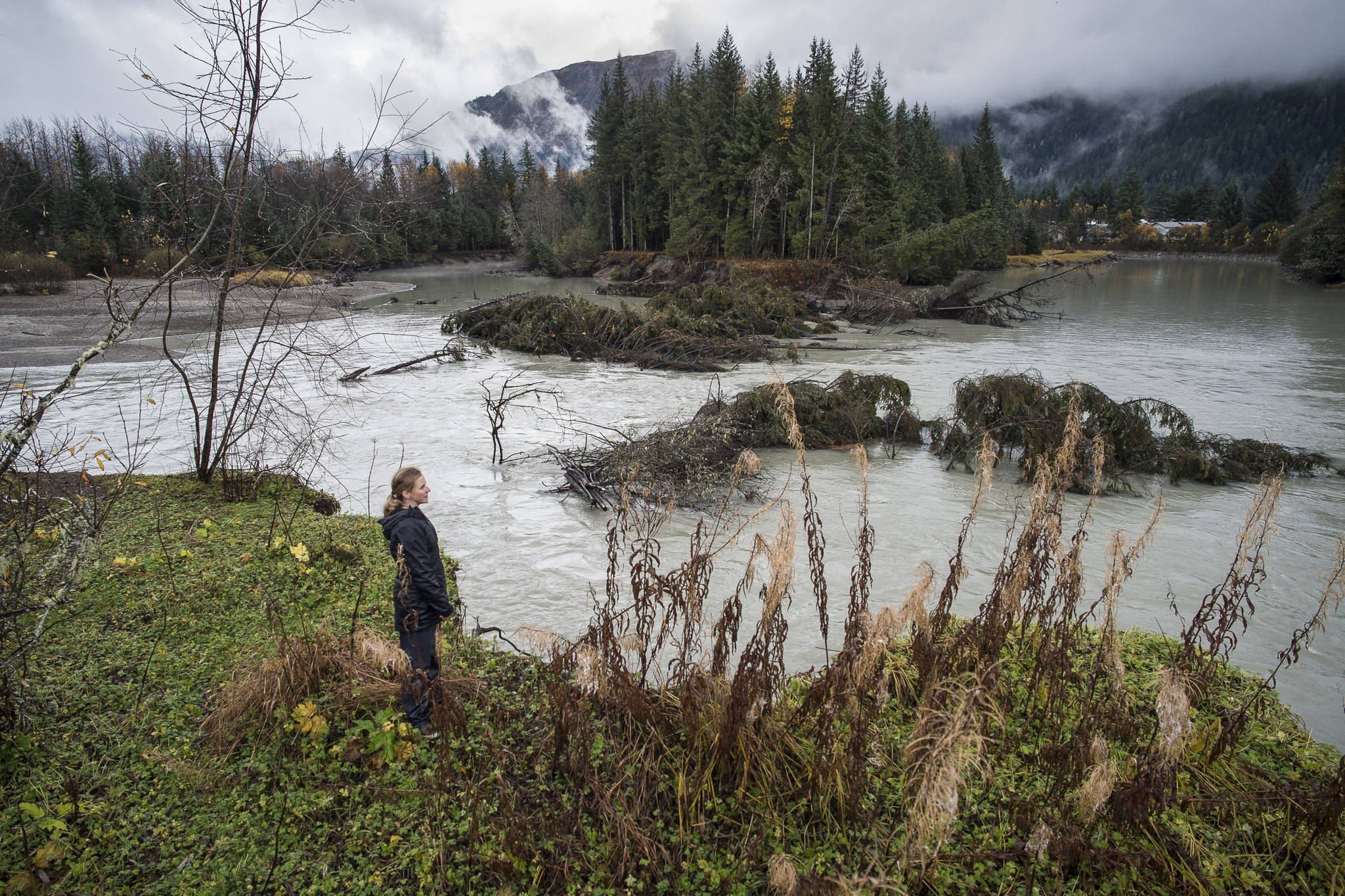Why should it be easier to pollute water than protect it?
Alaska is blessed with an abundance of natural resources that support our economy, public services and the enjoyment of our unique lifestyle. The sheer size of Alaska and the amount of these resources makes them seem unlimited but as demonstrated by the current decline of energy resources we are faced with the fact that abundance is not the same as limitless.
The most abundant and valuable natural resource in Alaska is clean water. Alaska holds 40% of the nation’s fresh water resources compared with less than 20% of the nation’s oil. Clean water supports fishery and tourism industries worth billions of dollars, healthy communities and food security in our communities.
[Opponents say bill makes it harder to protect waters]
Water is the one thing we cannot live without.
Alaska is giving away this precious resource to outside corporations in the name of development while robbing its residents the right to protect these waters.
Our waters are routinely used as cheap sewers for industry whose only goal is to maximizing profits. Currently, if you are a foreign or domestic corporation and you seek the right to pollute Alaska’s waters, you are only required to fill out an application and pay a small fee.
The Dept. of Water within Environmental Conservation (DEC) will apply established science through an administrative process to grant the application.
However, if you are a resident of Alaska and you or your community depend on an unpolluted water for local food security, drinking water or jobs, Alaska want to take your right to protect that water under a Clean Water Act designation called a Tier 3. A Tier 3 designation only protects the water from permanent lowering of water quality. It does not affect any of the existing uses people benefit from on the waterbody.
Over the last 11 years, five waters out of an estimated 40,000 in Alaska have been nominated for protection but DEC has refused to exercise it authority to act on any of these. In the meantime, Alaska issued hundreds of approvals to pollute water and routinely makes tier 1 and Tier 2 determinations. Now, under pressure from industry, the legislature is considering denying Alaskan’s this administrative process through DEC altogether.
House Bill 138 is being pushed rapidly through the legislature driven by lobbyists working for these outside corporations. HB 138 takes out the science and administrative power out of DEC and replaces it with a multi-step political process designed to never allow a Tier 3 to be designated.
Water suffers from the fact that it is perfect the way it is. Article 8 of the Alaska Constitution used by industry to justify extraction above all other uses of state lands and waters states that resources must be developed “by making them available for maximum use consistent with the public interest.” The problem is that clean water does not need “development” for its maximum use. The most beneficial uses are in being left unpolluted. Nature provided it as a public service.
Setting up a process that puts the residents of this state who depend on clean water at a significant disadvantage to outside corporations is not equal application under the law and should not be allowed. Please let your legislative representative know that your rights as an Alaskan also matter.
• Guy Archibald is staff scientist for Southeast Alaska Conservation Council. Columns, My Turns and Letters to the Editor represent the view of the author, not the view of the Peninsula Clarion.

